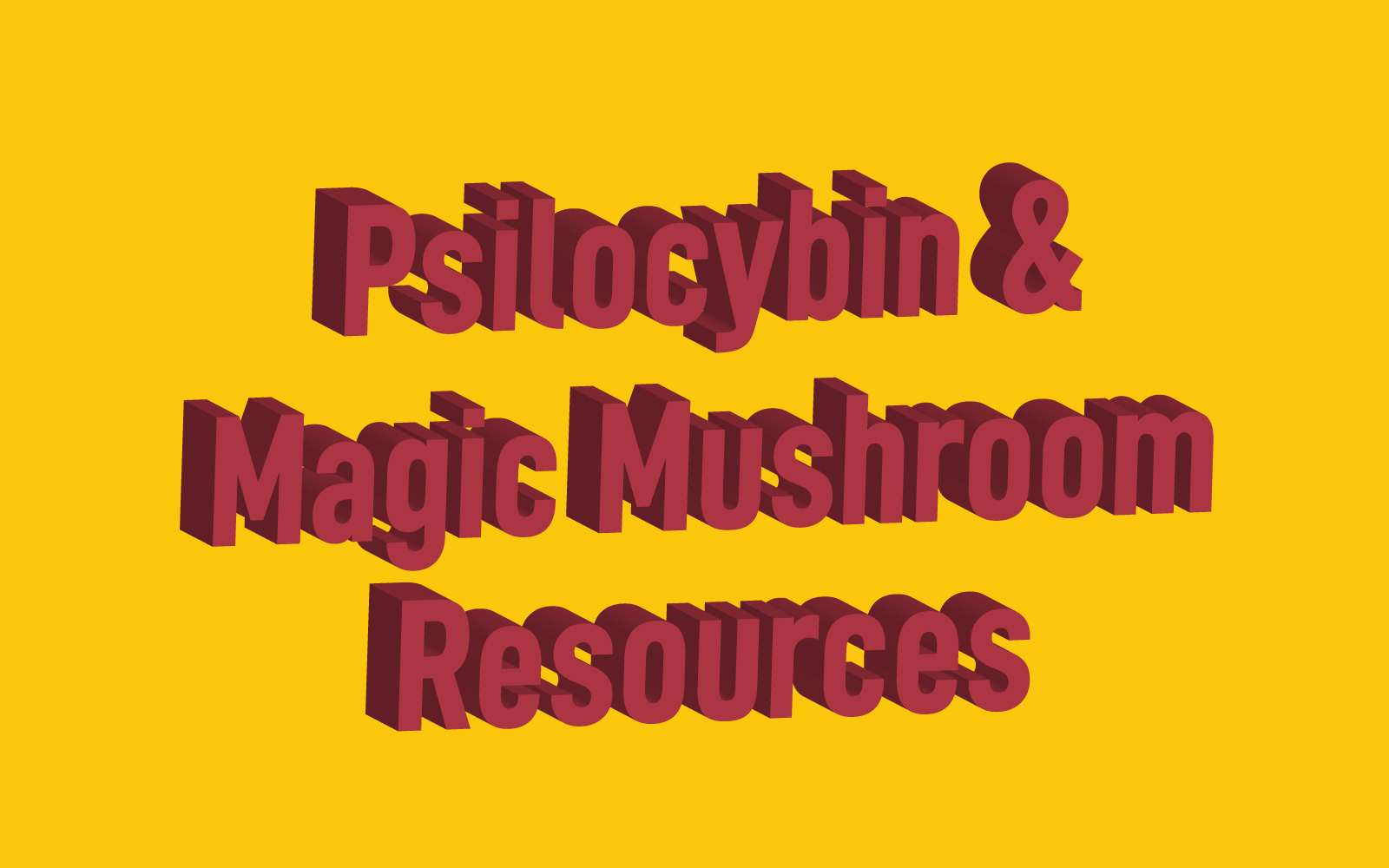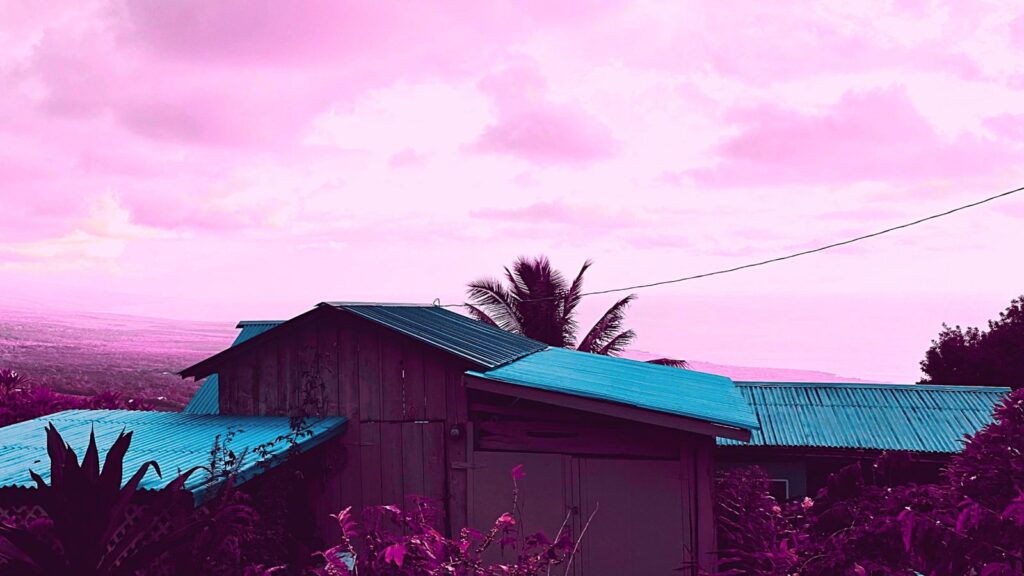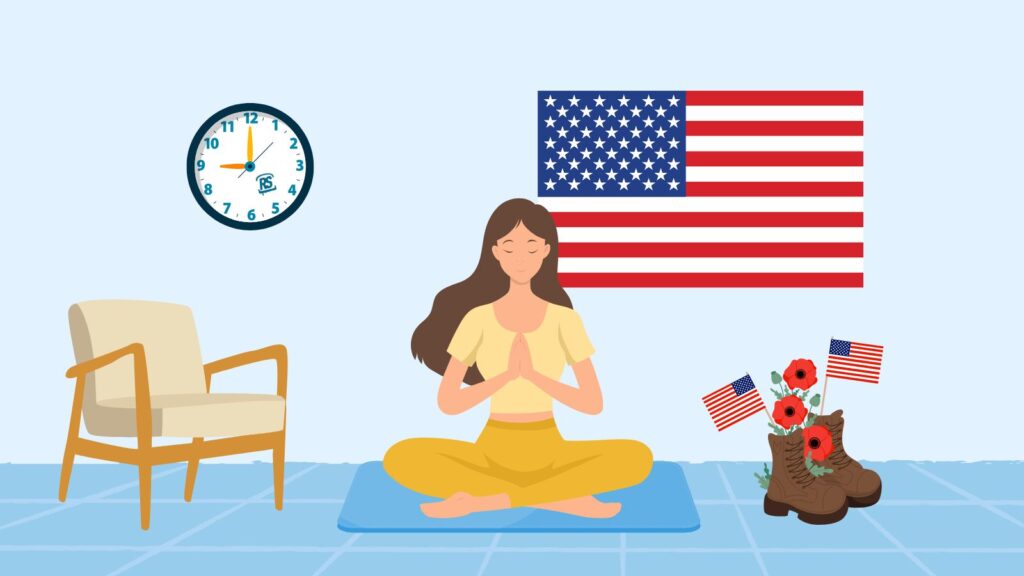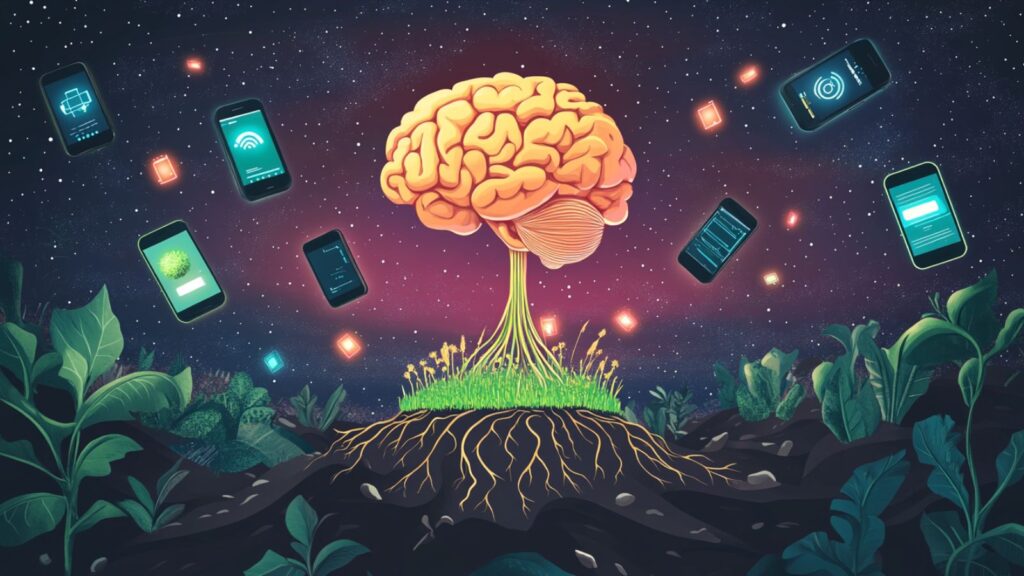Psilocybin is one of the main psychoactive compounds found in magic mushrooms. Accordingly, it is front and center in the resurgence of psychedelic interest among both researchers and the general public. As we’ll see, psilocybin is proving to be highly effective in treating depression, anxiety, alcoholism, PTSD, OCD, and several other mental health conditions and disorders.
All of these findings have led to a growing interest in a variety of psilocybin retreats offered legally in the Netherlands and Jamaica. This article aims to be a comprehensive psilocybin resource for people seeking information about psilocybin articles, studies, books, documentaries, retreats, and integration therapists.
Reality Sandwich Articles on Psilocybin
Below is a list of articles relating to psilocybin and magic mushrooms published in Reality Sandwich since 2010.
- Psilocybin: Effects, Common Uses, Safety
- Microdosing Psilocybin & Common Dosages Explained
- How to Grow Magic Mushrooms: Step-by-Step
- Gold Cap Shrooms Guide: Spores, Effects, Identification
- María Sabina: The Mazatec Magic Mushroom Woman
- What Fungi Can Teach Us: Magic Mushroom Messages
- Shroom Chocolate Recipes: How to Make Magic Mushroom Chocolates
- The Psilocybin Experience: What’s the Deal With Magic Mushrooms?
- How To Dry Magic Mushrooms: Best Practices
- How-to Lemon Tek: Ultimate Guide and Recipe
- Oregon’s Initiative to Legalize Mushrooms
- Having Sex on Shrooms: Good or Bad Idea?
- Shrooms vs. Acid: Differences and Similarities Explained
- Psilocybin: The Science Behind a Magical Molecule
- Psilocybin and the Concept of Natural Intelligence
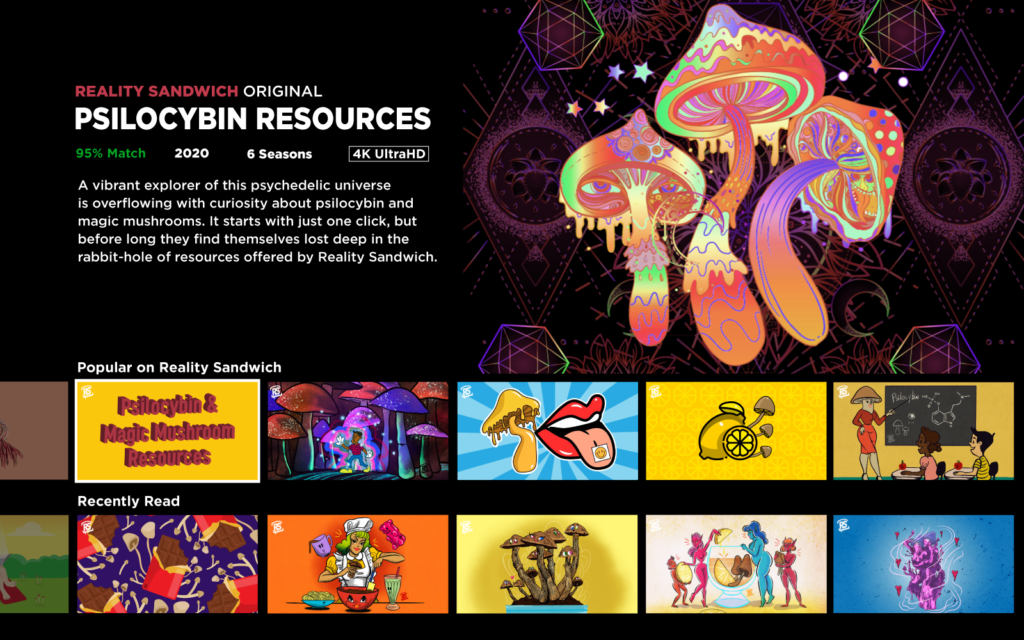
Clinical Trials/Studies
Psilocybin has been center stage in the resurgence of psychedelic clinical trials in the US and elsewhere. Approximately a third of psilocybin studies are happening in Europe, spearheaded by centers of learning such as the University of Zurich and Imperial College London. In the US, research at universities including Johns Hopkins, Yale, UC San Francisco, and NYU has been central to investigating psilocybin’s therapeutic effects and mechanisms of action in the brain.
The most recent psilocybin studies that haven’t been published are found on ClinicalTrials.gov. The National Institutes of Health operates this resource.

Johns Hopkins University
Founded in 2019 with Dr. Roland Griffiths at the helm, the Center for Psychedelic and Consciousness Research at Johns Hopkins University investigates how psychedelics affect behavior, mood, cognition, brain function, and biological markers of health.
JHU Studies
- Psilocybin can occasion mystical-type experiences that have substantial and sustained personal meaning and spiritual significance: This study from 2006 evaluated the acute and long-term psychological effects of psilocybin in hallucinogen-naïve adults. 67% of the participants found the experience to be one of the top five most meaningful in their lifetime.
- Mystical experiences occasioned by the hallucinogen psilocybin lead to increases in the personality domain of openness: This study from 2011 was the first to show that psilocybin produces enduring positive changes in personality—namely, in the domain of openness, which is associated with creativity.
- Psilocybin produces substantial and sustained decreases in depression and anxiety in patients with life-threatening cancer: A randomized double-blind trial. This 2016 study published in the Journal of Psychopharmacology reveals how psilocybin, when occasioning a mystical-type psilocybin experience, leads to significant and sustained reductions in anxiety and depression in terminally ill cancer patients.
- Emotions and brain function are altered up to one month after a single high dose of psilocybin: Published in 2020, this was the first study to investigate the longitudinal effects of psilocybin on brain function. The study, which involved 12 volunteers who received a 25mg/70kg dose of psilocybin, found psilocybin increases emotional and brain plasticity at one-week and one-month follow-up.
- Effects of Psilocybin-Facilitated Experience on the Psychology and Effectiveness of Professional Leaders in Religion: A pilot study exploring the effects and utility of psilocybin for professional religious leaders. This study is currently recruiting.
- Psilocybin-Facilitated Smoking Cessation Treatment: A Pilot Study. This study is examining high-dose psilocybin therapy in conjunction with a structured smoking cessation treatment program. The pilot study is currently recruiting 95 participants.
- Psilocybin for Depression in People With Mild Cognitive Impairment or Early Alzheimer’s Disease: This actively-recruiting Phase I study is assessing the potential efficacy of psilocybin in treating depression associated with mild cognitive impairment or early Alzheimer’s disease.
- Effects of Psilocybin in Anorexia Nervosa: This Phase I trial is studying whether two sessions of psilocybin therapy can reduce anxiety and depression in 18 participants with anorexia nervosa. This study is currently recruiting, and is expected to end in late 2022.
Yale University
Yale University is doing important research evaluating the therapeutic potential of psilocybin in collaboration with organizations such as the Heffter Research Institute and Usona Institute. Founded in 2016, the Yale Psychedelic Science Group is a hub for researchers to collaborate, network, and discuss psychedelics science. All of the studies overviewed below are currently recruiting.
Yale Studies
- Psilocybin-Induced Neuroplasticity in the Treatment of Major Depressive Disorder: This study is investigating whether varying doses of psilocybin can alter neuroplasticity in patients with Major Depressive Disorder.
- Efficacy of Psilocybin in OCD: A Double-Blind, Placebo-Controlled Study. This study is evaluating the effects of psilocybin on the symptoms of obsessive-compulsive disorder in 30 participants.
- Psilocybin for the Treatment of Cluster Headache: This study is investigating the effects of low- and high-dose psilocybin on cluster headache symptoms in 24 participants.
New York University (NYU)
NYU Langone Health, an academic medical center affiliated with NYU, is at the forefront of psychedelic-assisted therapies for mental illness and substance use disorders. The psychedelic research company MindMed recently pledged $5 million to NYU Langone for developing a psychedelic research center.
NYU Studies
- A Double-Blind Trial of Psilocybin-Assisted Treatment of Alcohol Dependence: A 2018 study with 180 participants, examining the effects of psilocybin compared to diphenhydramine on alcoholism. This was a multi-site study done in collaboration with the Heffter Institute and the University of New Mexico.
- Rapid and sustained symptom reduction following psilocybin treatment for anxiety and depression in patients with life-threatening cancer: a randomized controlled trial. This study, published in 2016 in the Journal of Psychopharmacology, examines the anxiolytic and antidepressant effects of psilocybin in 29 patients with cancer-related anxiety and depression.
- The Effects of Psilocybin-Facilitated Experience on the Psychology and Effectiveness of Religious Professionals: A recently completed Phase I study examining how psilocybin affects religious professionals, a group that may be able to discern the mystical experience with more nuance.
University of California San Francisco (UCSF)
Researchers such as Dr. Josh Woolley in the Department of Psychiatry at UCSF have been investigating psilocybin-assisted psychotherapy to treat psychiatric illnesses. UCSF researchers have also partnered with the Usona Institute to investigate psilocybin’s efficacy in treating depression.
UCSF Studies
- Psilocybin-assisted group therapy for demoralized older long-term AIDS survivor men: An open-label safety and feasibility pilot study. This 2020 study published in The Lancet examined the feasibility of psilocybin therapy paired with ten sessions of evidence-based psychotherapy to treat AIDS-related demoralization in 18 older participants.
University of Zurich (UZH)
The Department of Psychiatry, Psychotherapy, and Psychosomatics at the University of Zurich is a hub for psilocybin research in Europe. The university is home to the Heffter Research Center, which has conducted over 70 studies on the neuroscience of psychedelics with support from the Heffter Research Institute.
UZH Studies
- Clinical, Neurocognitive, and Emotional Effects of Psilocybin in Depressed Patients—Proof of Concept: This study is investigating the effects of psilocybin on mood and emotional processing in 60 patients with major depressive disorder. The participants will receive either 0.215 mg/kg of psilocybin or a placebo.
- Clinical and Mechanistic Effects of Psilocybin in Alcohol Addicted Patients: This study will compare the efficacy of psilocybin to a placebo in the treatment of alcohol use disorder in 60 participants. Six weeks after undergoing a withdrawal treatment, the participants will receive either a placebo or a single dose of psilocybin (25mg).
- Psilocybin-Induced Decrease in Amygdala Reactivity Correlates with Enhanced Positive Mood in Healthy Volunteers: This 2015 study by Kraehenmann and colleagues assessed the effects of psilocybin treatment (0.16mg/kg) on emotional processing to negative stimuli, using fMRI in 25 healthy volunteers.
- Psilocybin Effects on Attention, Perception and Cognition: A list of five studies detailing psilocybin’s effects on attention, perception, memory, and pre-pulse inhibition. The principal investigator of these studies is Franz Vollenweider, MD.
Imperial College London
Established in 2019, the Centre for Psychedelic Research at Imperial College London is focused on how psychedelics work in the brain and their clinical use, especially for treating depression.
Imperial College Studies
- Psilocybin vs Escitalopram for Major Depressive Disorder: Comparative Mechanisms (Psilodep-RCT): This clinical trial of 59 participants is comparing the efficacy and mechanisms of psilocybin and the SSRI, escitalopram, for major depressive disorder. This trial is active but no longer recruiting.
- Neural correlates of the psychedelic state as determined by fMRI studies with psilocybin: A 2012 study by Carhart-Harris and colleagues that used fMRI in 15 healthy volunteers to investigate the neural correlates of the psilocybin experience.
- Psilocybin for treatment-resistant depression: fMRI-measured brain mechanisms. This study, published in 2017 in Nature, proposes a neural “reset” mechanism behind psilocybin’s antidepressant action.
Compass Pathways
Founded in 2016, Compass Pathways is a London-based mental healthcare company that received Breakthrough Therapy designation from the FDA. This will fast-track their research on the use of synthetic psilocybin for treating depression, and ultimately accelerate the process of gaining FDA approval.
Compass Pathways Studies
- The Safety and Efficacy of Psilocybin in Participants with Treatment Resistant Depression: This is a multi-site Phase IIb clinical trial, investigating the efficacy and safety of psilocybin therapy in 216 patients with treatment-resistant depression. The study, which is currently recruiting, spans 20 sites across Europe and North America.
- Psilocybin administration to healthy participants: safety and feasibility in a placebo-controlled study. This Phase I trial of 89 healthy volunteers was conducted by Compass Pathways in partnership with King’s College London. Initial results showed psilocybin was well-tolerated when used under the guidance of specially trained therapists.
- The Safety and Efficacy of Psilocybin in Participants With Type 2 Bipolar Disorder (BP-II) Depression: A study in collaboration with Sheppard Pratt evaluating the efficacy of 25 mg of psilocybin in treating depressive symptoms associated with Type 2 Bipolar Disorder. This study is not yet recruiting volunteers.
Usona Institute
The Usona Institute is a nonprofit organization founded in 2014 that conducts and supports multi-site clinical research into the therapeutic effects of psilocybin and other psychedelics. The organization focuses on evaluating psilocybin therapy for depression in order to shepherd it through the necessary trials for FDA approval in the future.
Usona Institute Studies
A Study of Psilocybin for Major Depressive Disorder (MDD): An actively-recruiting Phase II trial studying the safety and therapeutic potential of a single dose of psilocybin for depression. The 80 participants will receive either 25 mg of psilocybin or a placebo (100 mg of niacin). This trial is being conducted at seven locations, including UCSF, Yale, Segal Trials (Florida), Great Lakes Clinical Trials (Illinois), JHU, NYU, and UW Madison.
Books
This list includes books on the science and history of psilocybin mushrooms and the psilocybin experience through a psychological and spiritual lens, as well as how to dose, grow, and identify magic mushrooms.
- How to Change Your Mind: What the New Science of Psychedelics Teaches Us About Consciousness, Dying, Addiction, Depression, and Transcendence by Michael Pollan
- The Psilocybin Mushroom Bible: The Definitive Guide to Growing and Using Magic Mushrooms by K. Mandrake
- Food of the Gods: The Search for the Original Tree of Knowledge: A Radical History of Plants, Drugs, and Human Evolution by Terence McKenna
- The Psychedelic Explorer’s Guide: Safe, Therapeutic, and Sacred Journeys by James Fadiman
- Magic Mushroom Explorer: Psilocybin and the Awakening Earth by Simon G. Powell
- The Psilocybin Solution: The Role of Sacred Mushrooms in the Quest for Meaning by Simon G. Powell
- Psilocybin Mushrooms of the World: An Identification Guide by Paul Stamets
- Decomposing The Shadow: Lessons From The Psilocybin Mushroom by James W. Jesso
- Shroom: A Cultural History of the Magic Mushroom by Andy Letcher
- Your Psilocybin Mushroom Companion: An Informative, Easy-to-Use Guide to Understanding Magic Mushrooms―From Tips and Trips to Microdosing and Psychedelic Therapy by Michelle Janikian
- Sacred Mushroom of Visions: Teonanácatl: A Sourcebook on the Psilocybin Mushroom by Ralph Metzner
- Psilocybin: Magic Mushroom Grower’s Guide: A Handbook for Psilocybin Enthusiasts by O.T. Oss and O.N. Oeric
Documentaries and Videos
- A New Understanding: The Science of Psilocybin—A 2019 documentary exploring psilocybin research for end-of-life anxiety in terminally ill cancer patients
- Fantastic Fungi—A film by Louie Schwartzberg exploring the biology, environmental roles, and medicinal uses of fungi, including magic mushrooms.
- The Rise of Psychedelic Truffles in Amsterdam—A short documentary by Vice on the history of the legal loophole that allows psilocybin truffles to be sold legally in Amsterdam.
- Psilocybin Mushrooms & The Mycology of Consciousness—A talk by the mycologist Paul Stamets at Psychedelic Science 2017, a six-day gathering co-hosted by MAPS and the Beckley Foundation.
- The Science of Psilocybin and its Use to Relieve Suffering—A 2016 TED talk by Roland Griffiths on psilocybin’s ability to catalyze spiritual transformation and reduce existential fears in cancer patients.
- Magic Mushrooms in Mexico—Season 1, Episode 4 of Hamilton’s Pharmacopeia. The episode features Hamilton Morris, who examines the history and effects of psilocybin mushrooms with the help of scientists and shamans in Oaxaca.
- Magic Mushroom Medical Trial—A documentary from Real Stories that follows three volunteers and their families who are involved in a psilocybin clinical trial for depression.
- The Stoned Ape Theory—Terence McKenna explaining his Stoned Ape Theory.

Retreats and Integration Therapists
Before psilocybin becomes an FDA-approved mental health treatment, multi-day retreats are a great way to leverage the therapeutic benefits of the compound in a supportive and healing environment. Currently, psilocybin retreats are legally offered in the Netherlands and Jamaica.
Psilocybin Retreats
- Alalaho—formerly The Psychedelic Society, Alalaho offers six-day double ceremony retreats in the Netherlands.
- Synthesis Retreats is a truffle retreat center in Amsterdam that offers three-day retreats for 12–16 people. Synthesis Retreats is backed by Imperial College London.
- New Moon offers four- and five-day magic truffles retreat for eight people in the Dutch countryside of the Netherlands.
- Truffles Therapy provides private and small group truffle retreats, as well as microdosing consultations in Amsterdam.
- Guided Tripping is a magic truffle retreat center in Amsterdam that offers intake sessions and trip integration after a session lasting 7–9 hours.
- A Whole New High is a psilocybin retreat center near Amsterdam that offers a six-day retreat for 10 people.
- Inward Bound provides 5-day psilocybin retreats in the Netherlands, complete with a pre-screening and integration process.
- Mycomeditations is a psilocybin retreat center in Treasure Beach, Jamaica that offers three psilocybin sessions over the course of seven days.
- Atman Retreat, located in Jamaica, offers a four-day psilocybin retreat in a beachfront villa.
- The Buena Vida psilocybin mushroom retreats in Mexico are conducted in small groups in collaboration with plant medicine shamans and elders.
- Tripsitters lists experienced guides and tripsitters in Amsterdam who can facilitate a psilocybin session. This is a good option for those who don’t have the time or can’t afford a multi-day retreat.
Integration Therapists
Therapists can be invaluable for integrating or processing past psilocybin experiences. These resources list health professionals by location, specialty, and more.
- MAPS Psychedelic Integration List—A comprehensive list of psychedelic integration therapists available in the United States and internationally.
- Psychedelic Support Network—A list of credentialed integration therapists offered by Psychedelic Support. The listing is sortable by location, specialty, substance, and diagnosis.
Contributing RS Author: Dylan Beard
Dylan is a freelance science writer and editor based in the beautiful Pacific Northwest. After finishing his physics degree and dabbling in neuroscience research at UC Santa Barbara in 2017, he returned to his first love—writing. As a long-term fan of the human brain, he loves exploring the latest research on psychedelics, nootropics, psychology, consciousness, meditation, and more. When he’s not writing, you can probably find him on hiking trails around Oregon and Washington or listening to podcasts. Feel free to follow him on Insta @dylancb88.
